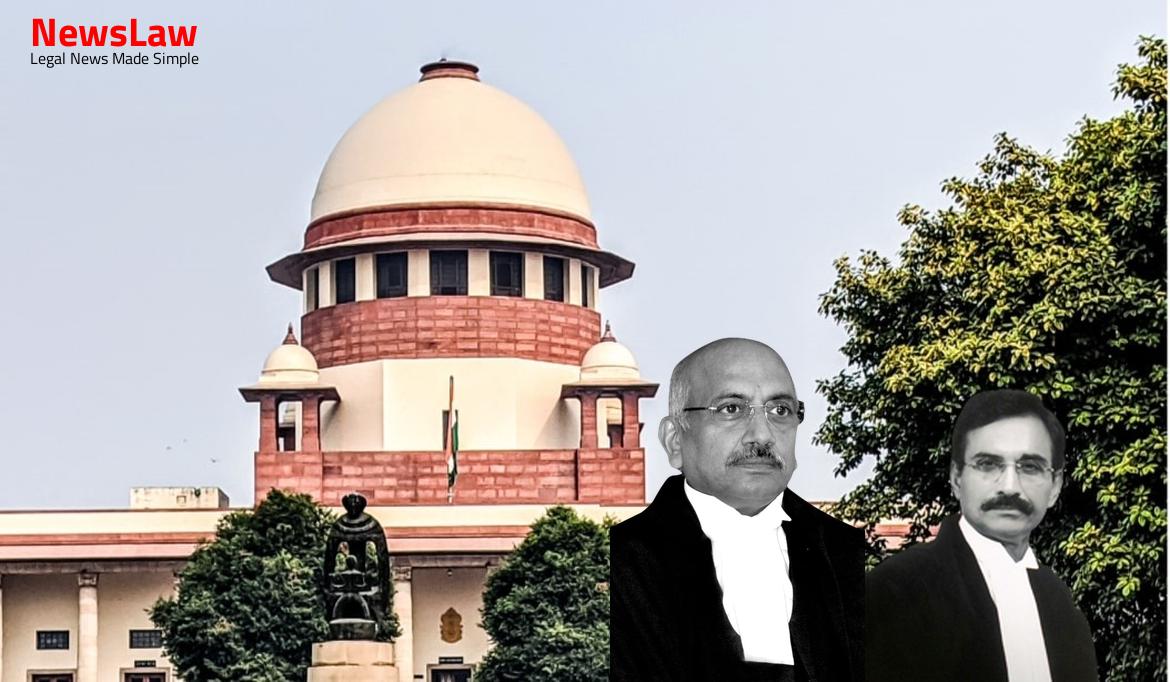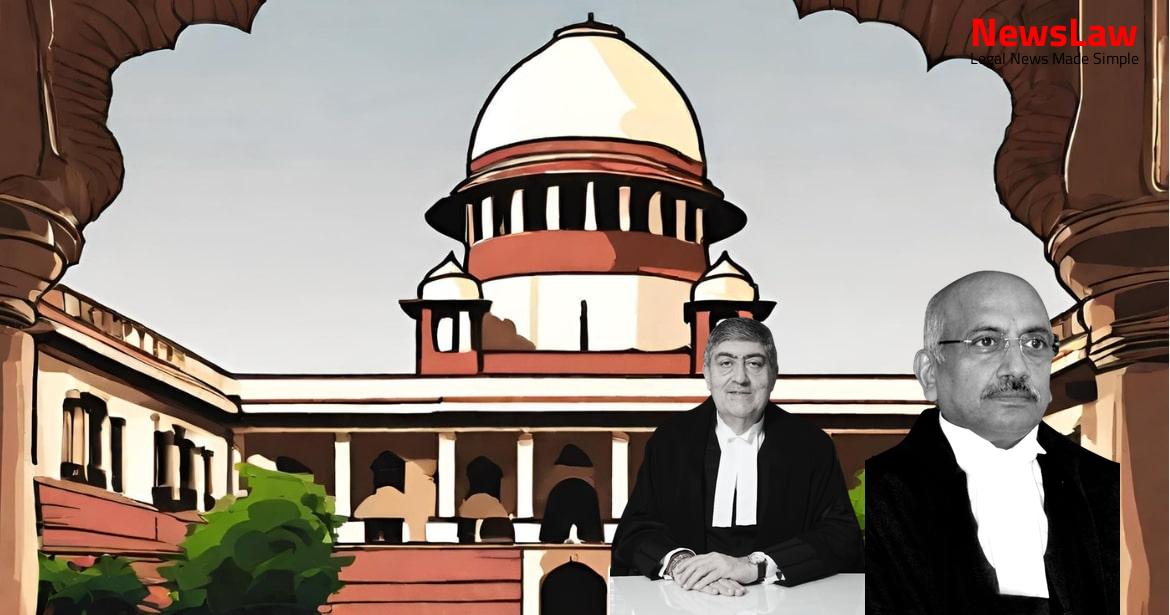A recent legal case delves into the complexities of recruitment rules for court-related posts in Tamil Nadu. The High Court’s thorough analysis of the applicability of Special Rules over Acts in determining recruitment procedures is a significant aspect of the case. This blog highlights the court’s in-depth examination of the legal provisions and their impact on the eligibility criteria for promotion in the judicial service.
Facts
- During the year 2008, two significant events took place in the State of Tamil Nadu regarding the classification and pay scales of various court-related posts.
- The first event involved the deletion of the post of Process Server from the Basic Service and its reclassification as ‘Junior Bailiff’ in the Judicial Ministerial Service with a higher pay scale. This change was implemented along with the requirement of Matriculation as the minimum educational qualification for these posts.
- The second event in 2008 pertained to the existing categories of posts like Junior Bailiff and Senior Bailiff in Tamil Nadu. The upgradation and revision of pay scales for these posts from Basic Service to Judicial Ministerial Service was carried out by a Government order in December 2008.
- These posts were already categorized under Class-II of the Tamil Nadu Judicial Ministerial Service and the upgradation led to an increase in the pay scale accompanied by necessary amendments.
- After the implementation of the recommendations of the Shetty Commission and the First National Judicial Pay Commission, changes were made to create new categories of Bailiffs and update the qualifications required for these roles.
- In total, 22 petitioners, including Record Clerks and Office Assistants in different courts in Erode District, filed a writ petition seeking promotion to the post of Junior Bailiff based on previous court orders.
- The post of Junior Bailiff was formerly known as ‘Process Server’ and was part of Category 3 of Class-III in the Tamil Nadu Basic Service.
- The upgradation and revision of pay scales for these court-related posts were accepted by the Tamil Nadu Government in various Government Orders.
- The governance of posts in the Tamil Nadu Basic Service and the appointment procedures are regulated by Special Rules issued under the powers conferred by Article 309 of the Constitution.
- The High Court rejected the claim based on the previous judgment dated 22.7.2009, stating it is no longer relevant after the Tamil Nadu Government Servants Act, 2016 came into force.
- The Court emphasized that the date of vacancies does not determine the applicable recruitment rule for promotion.
- The petitioners are now appealing against the High Court’s decision.
Also Read: Legal Analysis on Arbitration Petition Limitation Period
Arguments
- Petitioners cannot claim higher qualification exemption until an amendment to the statutory rules is issued.
- Petitioners cannot rely on the government’s failure to amend rules or a previous judgment.
- The nomenclature and pay scale for the post have changed pending rule amendments.
- Educational qualifications for the Tamil Nadu General Subordinate Service are specified.
- Under the new regulations, no right to promotion exists without the prescribed qualifications.
Also Read: Analysis of High Courts’ Jurisdiction and Court Orders Under Article 142
Analysis
- Special Rules for Tamil Nadu Judicial Ministerial Service govern the method of recruitment for various posts.
- The High Court’s conclusion is considered unassailable despite certain omissions in referencing the relevant legal provisions.
- The High Court may not have been entirely accurate in its interpretation of Section 20 of the 2016 Act.
- Section 68 of Tamil Nadu Act No.14 of 2016 states the precedence of Special Rules over the Act in case of inconsistency.
- The qualifications for posts such as Senior Bailiff and Junior Bailiffs in the judicial service are prescribed under the Special Rules.
- The higher pay scale for the Process Server post led to a requirement for higher qualifications.
- The petitioners working as Office Assistants are not eligible for certain posts under the Judicial Ministerial Service based on the prescribed qualifications.
- The previous judgment of the High Court did not consider all relevant developments and cannot be cited as a precedence in this case.
- The Tamil Nadu Government Servants (Conditions of Service) Act, 2016 does not override the Special Rules for recruitment.
- The vacancies that arose in 2015 do not impact the application of the Special Rules for recruitment.
- The enactment of the 2016 Act consolidated the laws relating to recruitment and the terms of service for State and Subordinate services in Tamil Nadu.
- Most petitioners will not meet the eligibility criteria for recruitment based on the unamended rules, as per the Table under Rule 3(a).
- Section 20 of the Act applies only to cases where the Special Rules require a minimum general educational qualification for a particular class or category of service.
- Section 20, read with Schedule-III, defines the term ‘minimum general educational qualification’ as stated in the Special Rules.
Also Read: Electoral Malpractices in Mayor Election
Case Title: R. PALANISAMY Vs. THE REGISTRAR GENERAL HIGH COURT OF MADRAS (2020 INSC 464)
Case Number: SLP(C) No.-006439 / 2020



